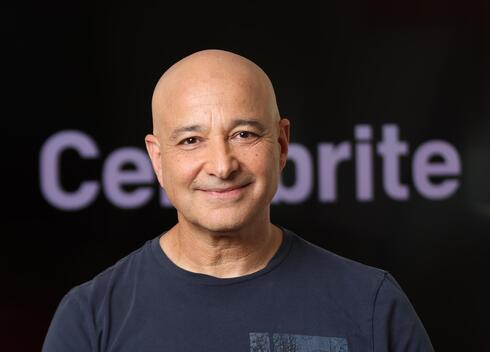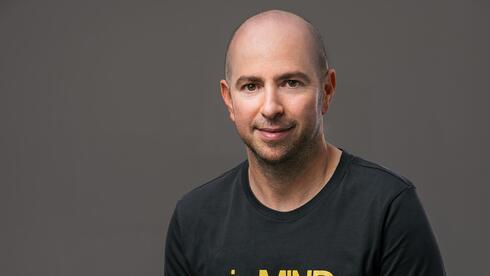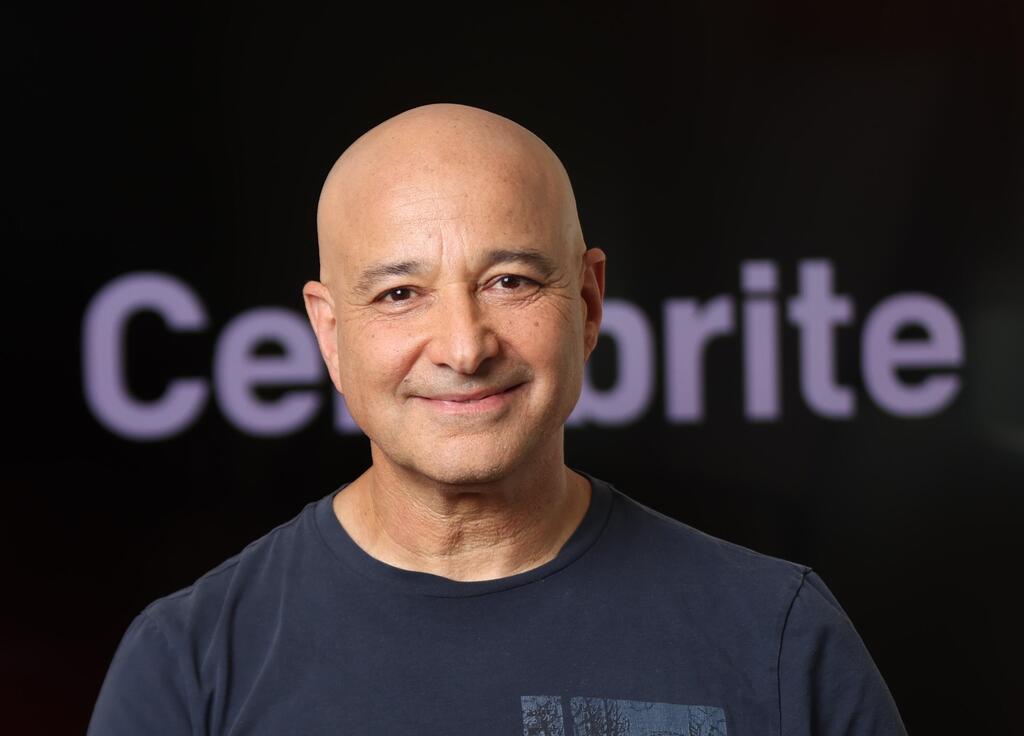
Cellebrite CEO Yossi Carmil retires following record-breaking $100M quarter
Digital intelligence company announces Carmil's departure as revenues top $100 million in a quarter for the first time.
Cellebrite, an Israeli digital investigations company, joins the wave of CEO changes in high-tech with the announcement of veteran CEO Yossi Carmil’s retirement after 20 years. Carmel is stepping down as the company reaches a milestone: for the first time, it reported quarterly revenues exceeding $100 million.
Cellebrite has not yet named a successor for Carmil, who is also retiring from the board. Until a new CEO is appointed, Tom Hogan, Cellebrite’s executive chairman, will serve as interim CEO. Hogan joined the company a year ago. While not a founder, Carmil joined Cellebrite in 2004 as its fifth employee, helping to grow the company to its current size of 1,100 employees.
In the third quarter, Cellebrite’s revenue grew by 27%, reaching $107 million. As a result, the company has raised its annual forecast and now expects revenues of about $400 million in 2024, with an annual growth rate of 24%. Operating profit also jumped by 54% to $20 million. However, a one-time financial expense of $200 million, related to accelerating the expiration of stock options, impacted the bottom line, leading to a net loss of $207.1 million. This expense traces back to Cellebrite's 2021 IPO, completed through a SPAC merger. The options were initially a benefit granted to SPAC investors but now represent a potential future dilution that the company is aiming to eliminate. Excluding this expense, Cellebrite recorded an adjusted net profit of $31.8 million.
Cellebrite currently has a market cap of around $4 billion. The stock has more than doubled in value since the beginning of the year, surpassing its IPO valuation.
Cellebrite gained global attention following the attempted assassination of former and future U.S. President Donald Trump during his campaign, when the company’s technology was used to hack into the suspect’s iPhone. Cellebrite develops digital intelligence solutions focused on extracting information from devices, which it sells primarily to governments and law enforcement agencies.
Recently, Cellebrite acquired U.S.-based Cytech, a company founded in 2002 that already works with Cellebrite’s products. This acquisition, although small in financial terms, will enable Cellebrite to undertake classified projects in the U.S., overcoming prior restrictions on foreign-owned companies in certain government work.














